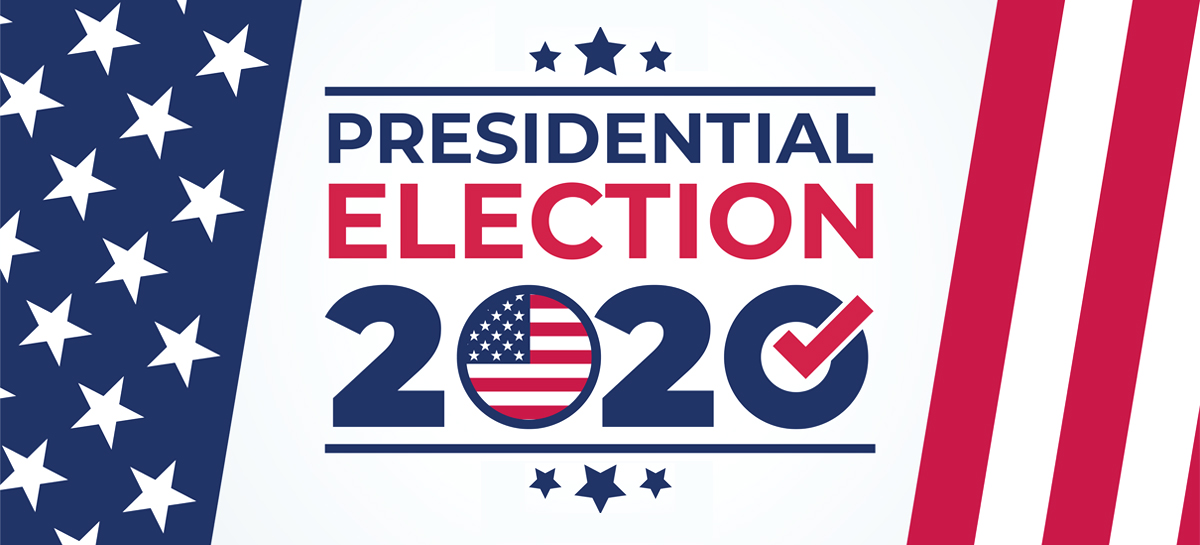
Election season is upon us and we’re likely to see some heated discussions. We also need to be ready for employee time off requests to vote during work hours.
Keeping Political Discussions Civil at Work – Political discussion has and will continue to be a reality in many work environments. Work can already be a stressful place for many, with political discussion adding an additional stressor for employees—and in many cases, an additional concern for employers. While disagreement in and of itself isn’t always a detriment to all workplaces, political discussion can negatively affect the work environment for many employees.
- Address expectations—Employers can focus on clarifying what expectations are and how employees can engage civilly. Employers can also clarify what their policies are for political discussion.
- Focus on behaviors, not beliefs—Focus on what behaviors are appropriate—rather than what employees should believe or think. Employers should clearly outline what types of behaviors are not welcome, while avoiding providing direct or indirect guidance on how an employee should feel about political issues.
- Encourage respect—The reality is that not all employees will agree on every topic—whether work-related, personal or political. Employers should focus on encouraging employees to respect each other and their thoughts—even if they disagree.
- Lead by example—Should leaders endorse specific political parties or political candidates—or behave heavily partisan—it may have an impact on the norms of the workplace culture. Employees who feel differently may not feel comfortable speaking up. To that end, these same employees may even feel that their personal views could hold back their careers in the workplace. If leaders showcase desired behaviors, that can help set the expected behaviors within a company culture.
Employee Time Off to Vote – In the midst of the COVID-19 pandemic, a significantly higher number of people are expected to vote by mail this year. Even with the increase in mail ballots, a large number of employees will still seek to cast their votes in-person, and many have a legal right to take time off to accomplish this.
Out of the 30 states that require employers to provide time off for employees to vote, employees in 23 states have access to paid time off to vote. With certain additional restrictions, here are a few examples of paid time off:
- California: Up to 2 hours at beginning or end of shift
- Illinois: Up to 2 hours – employers can decide when hours are taken
- New York: Up to 2 hours at beginning or end of shift